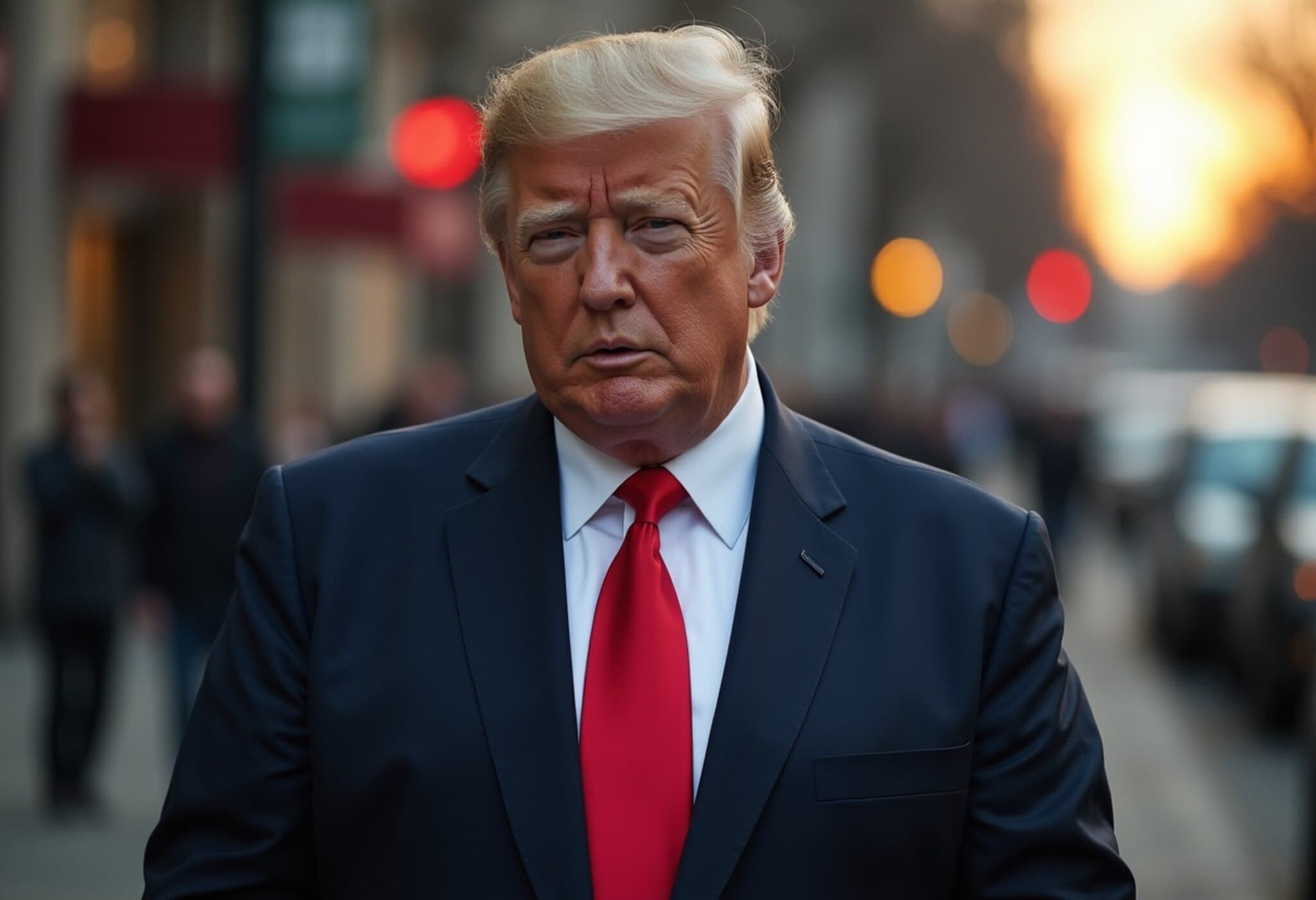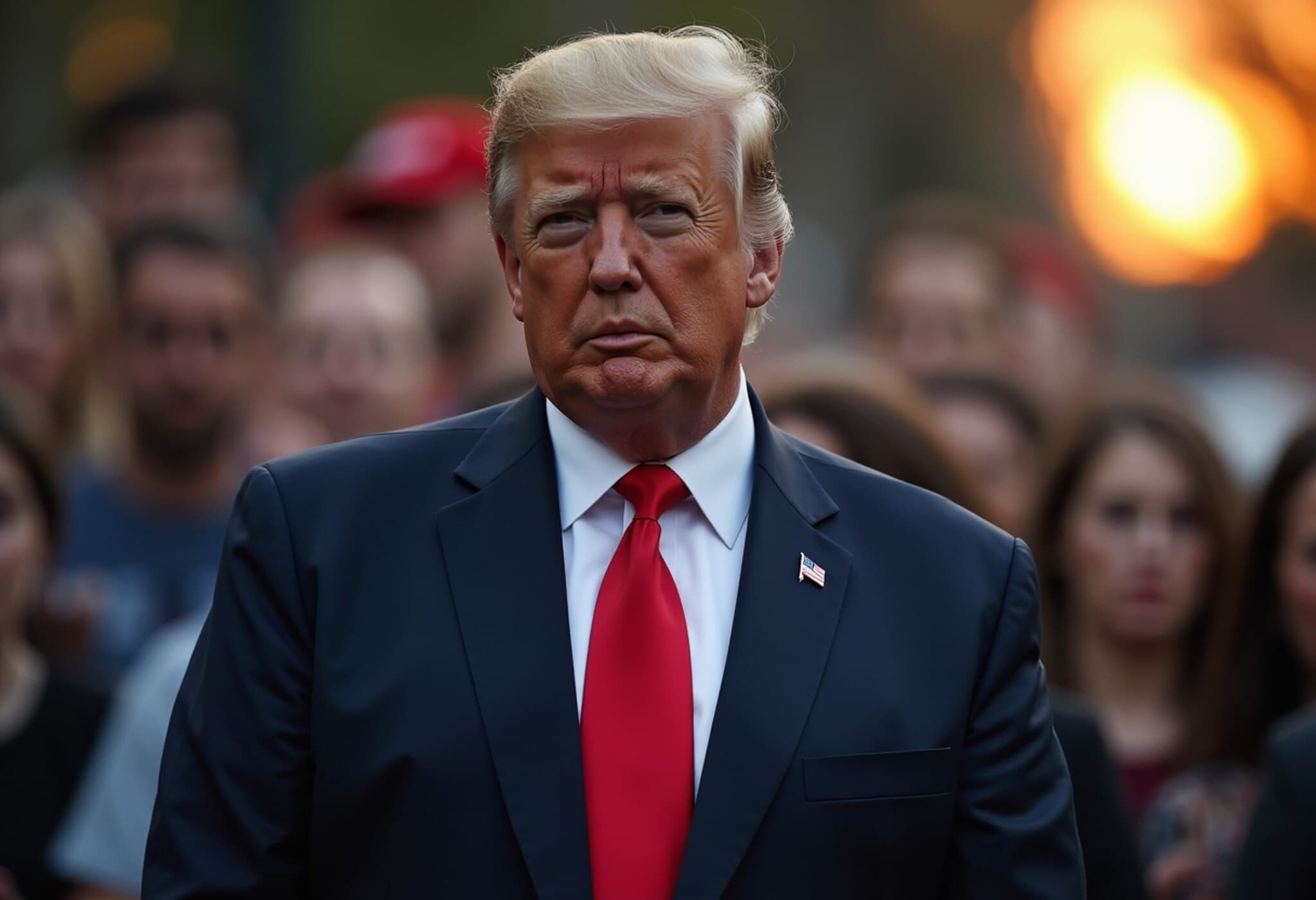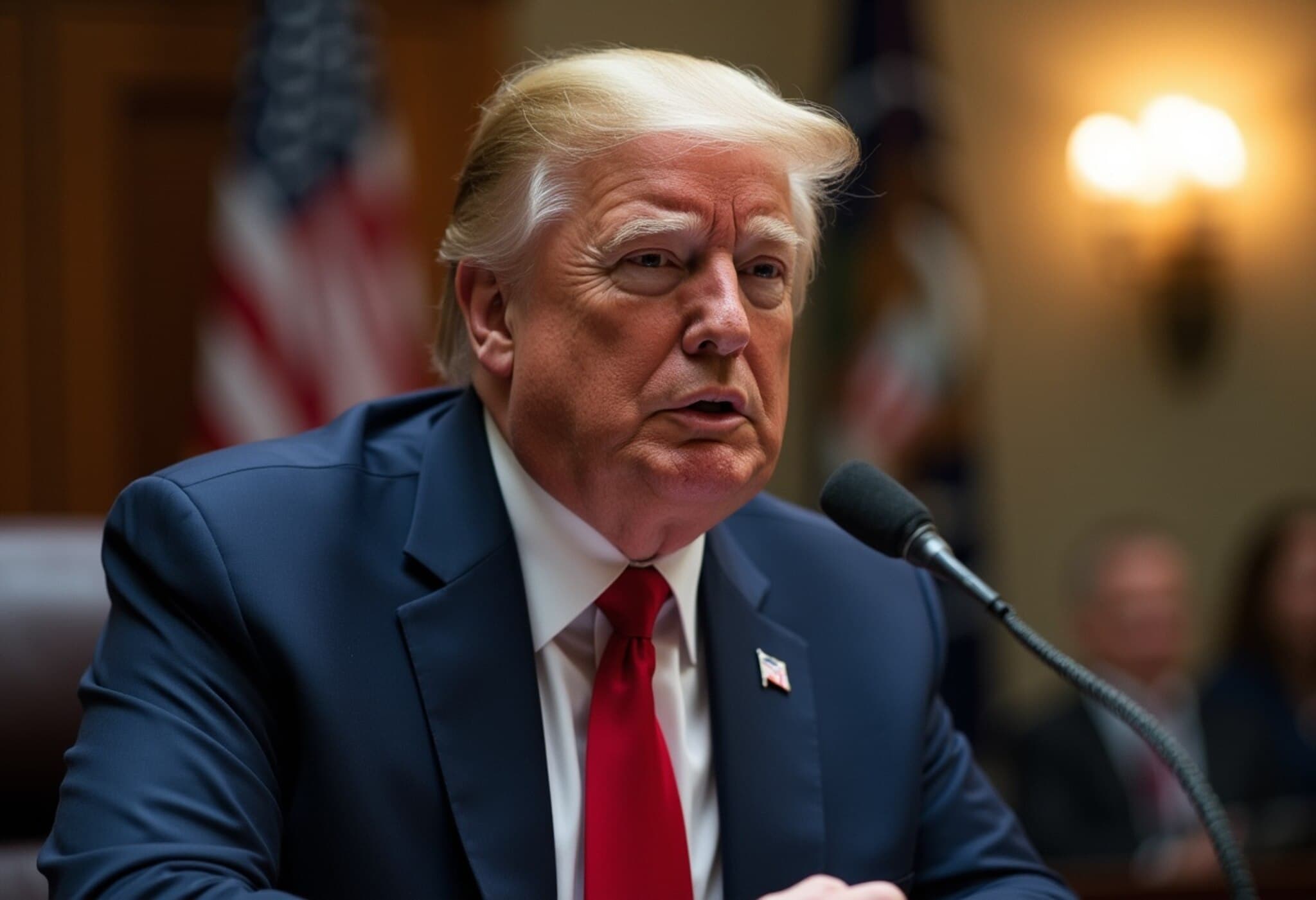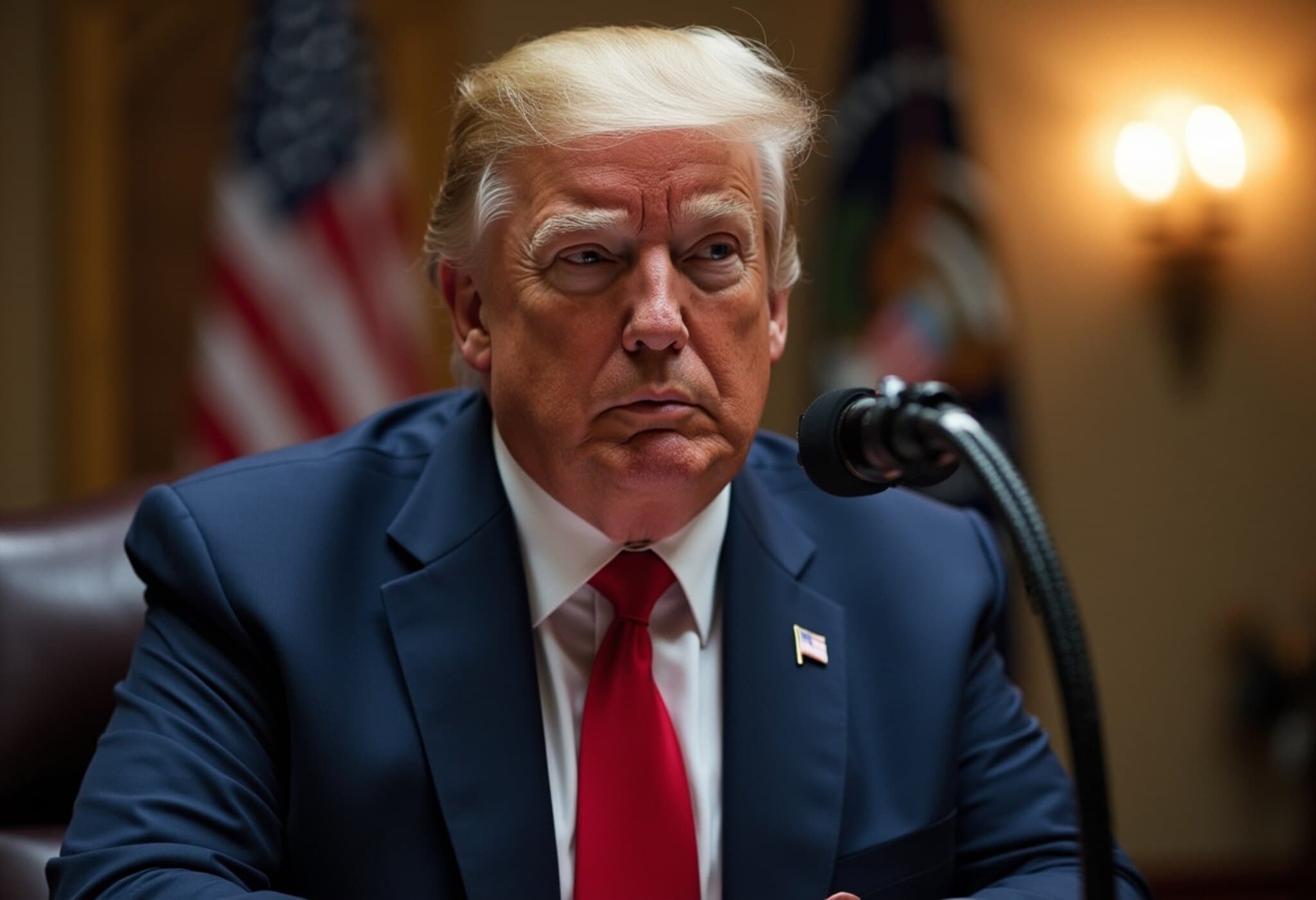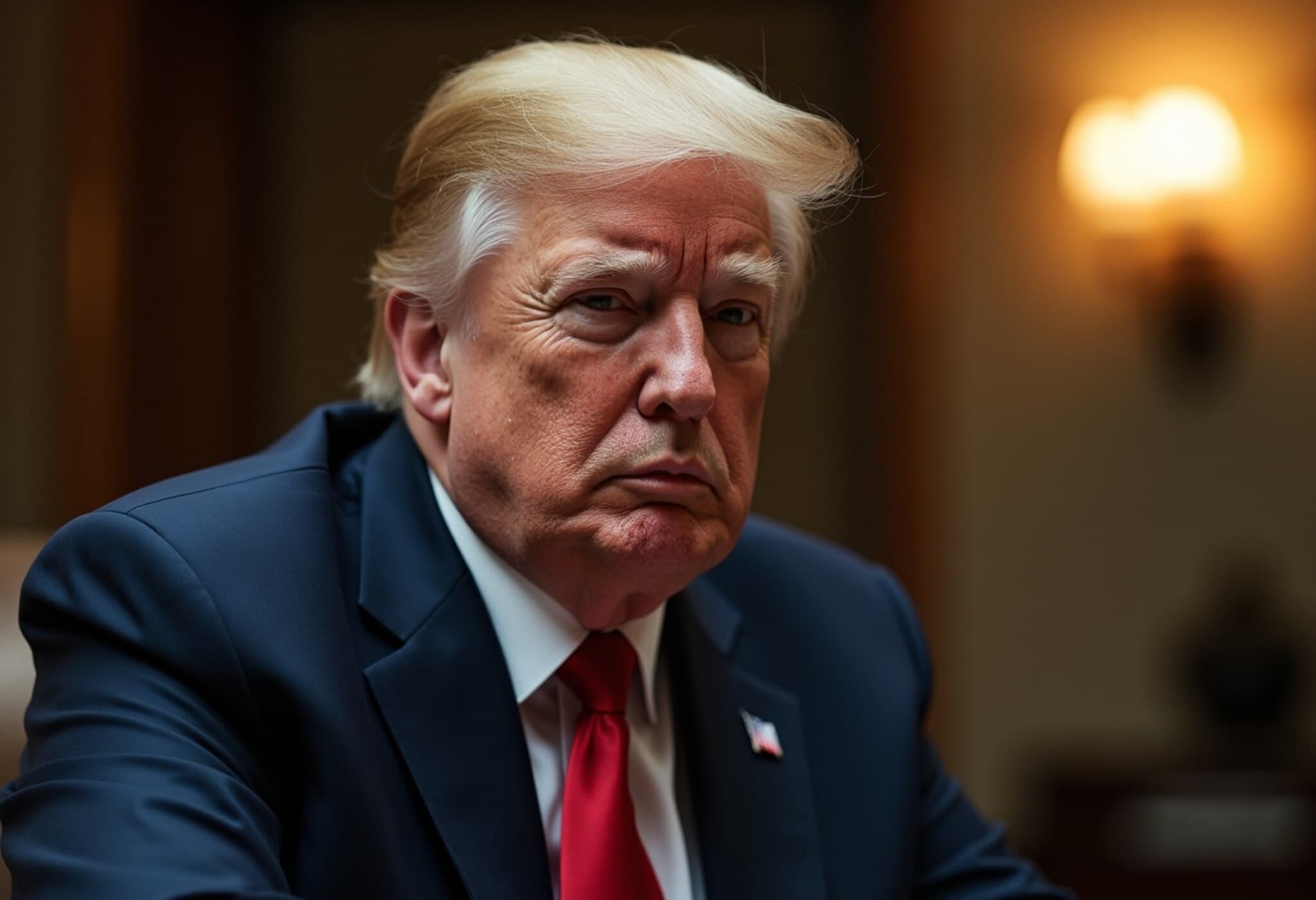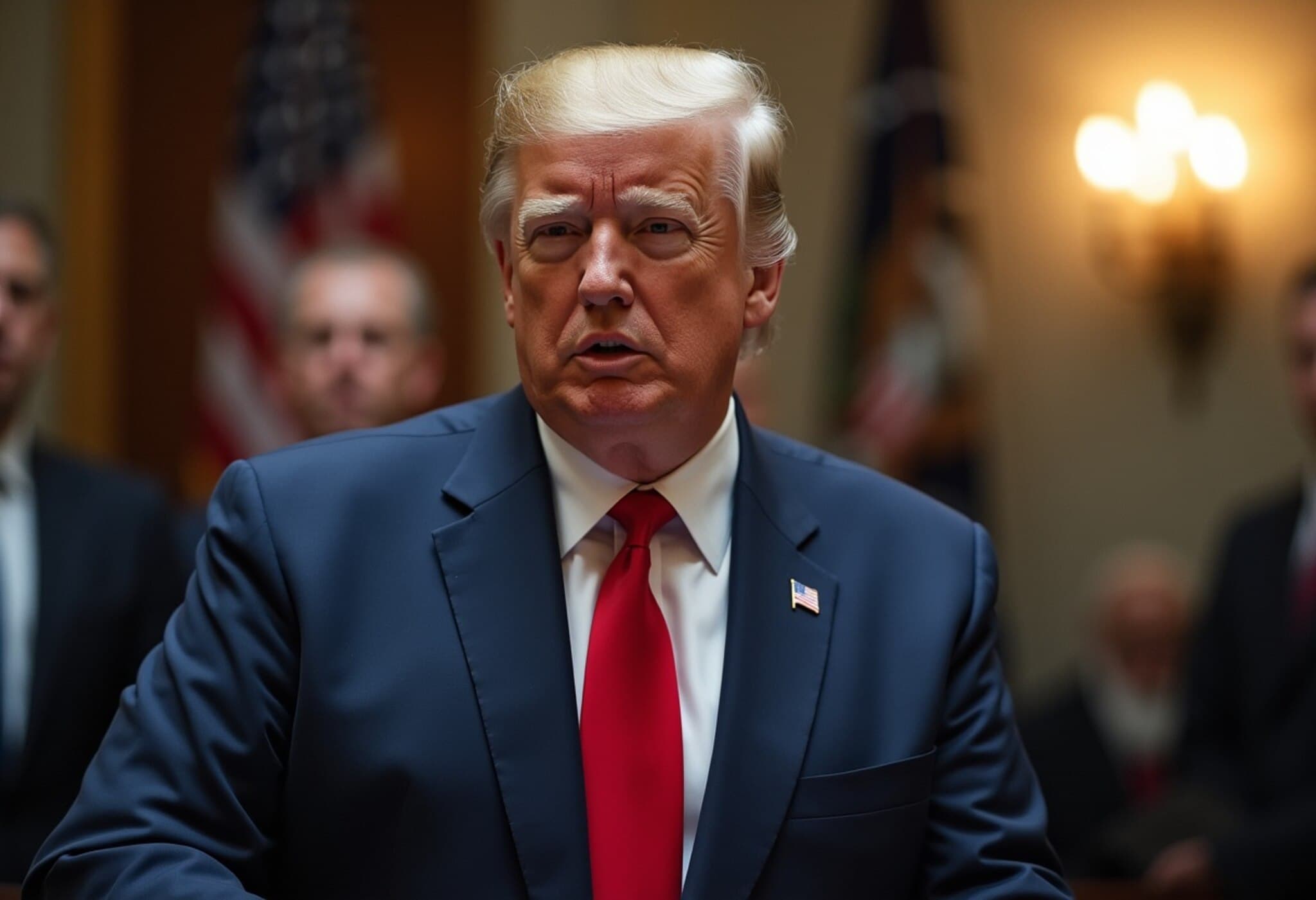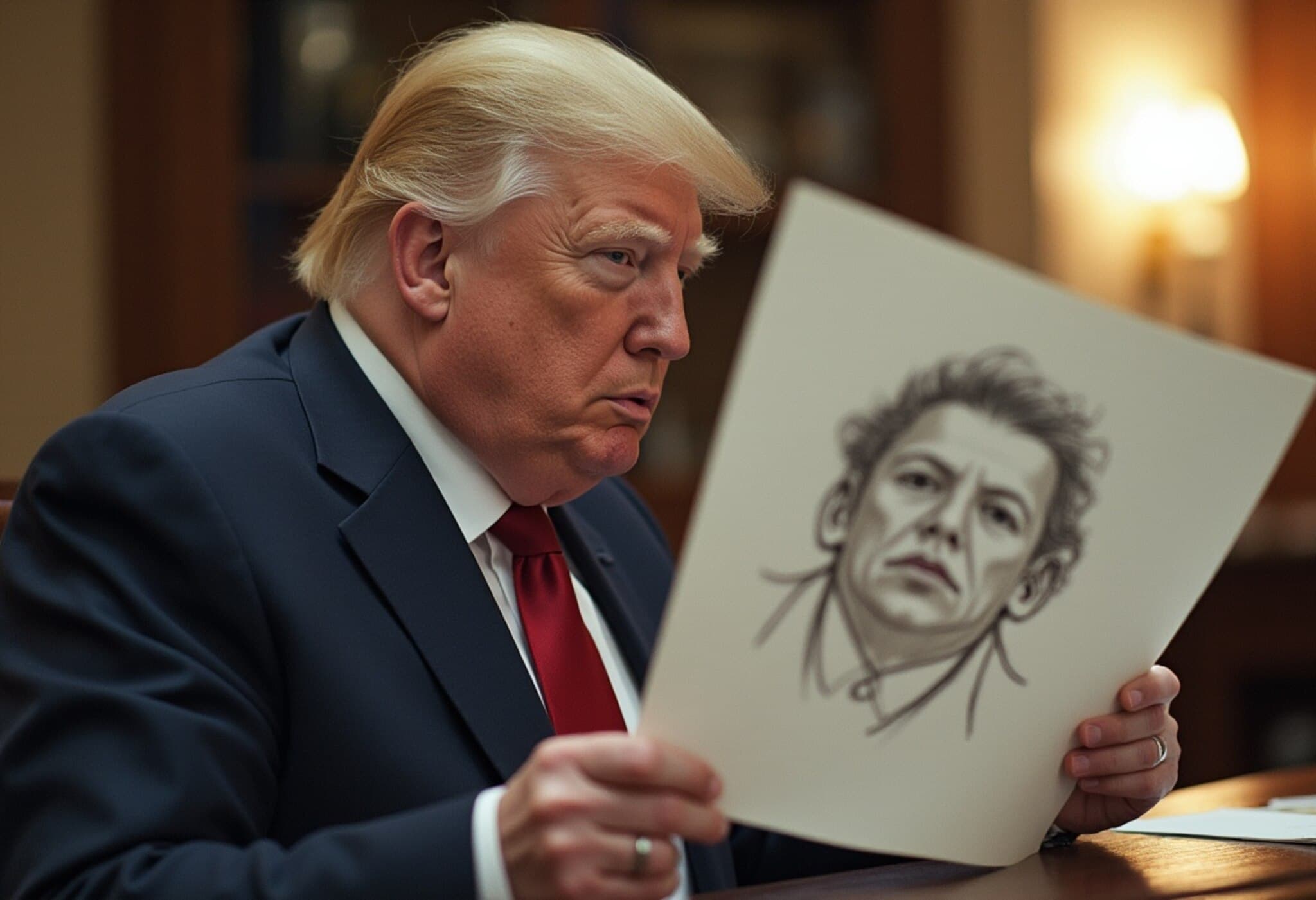Majority of Americans Suspect Concealment in Epstein Case by Trump Administration
In a striking revelation from a recent Reuters/Ipsos poll, nearly seven out of ten Americans believe that the Trump administration has deliberately withheld information related to Jeffrey Epstein, the convicted sex offender and financier. This sentiment marks a significant erosion of trust and has fueled intense debate about transparency and accountability in the handling of one of the most high-profile criminal cases in recent history.
Public Outcry Over Reversed Promise to Release Epstein Documents
Originally, Trump’s federal government pledged to disclose documents unveiling Epstein’s business connections and purported clientele. However, in a surprising reversal last week, officials declined to fulfill this promise. This decision sparked frustration among the public and political commentators alike, inflaming suspicions that sensitive details might be deliberately obscured.
- 69% of Americans believe information is being concealed.
- Only 6% reject the notion of a cover-up.
- Approximately 25% remain uncertain.
Divisions Within the Republican Base
Interestingly, nearly two-thirds of Republicans share the belief that the administration is hiding critical details, illustrating a fracture within Trump’s own political base. Approval ratings around his handling of the Epstein matter are notably low, with just 17% of Americans expressing confidence in the administration’s approach.
Among Republicans, the sentiment is mixed but leans toward skepticism: 35% approve of Trump’s management of the issue, while 29% disapprove, with the remainder either undecided or abstaining.
Trump’s Defiant Response and the Political Fallout
President Trump has publicly rejected criticism, labeling some concerned supporters as “weaklings” who inadvertently bolster his political opposition. Through social media, he emphatically distanced himself from demands for transparency: “I don’t want their support anymore!”
Simultaneously, sources reveal that Trump and key aides have engaged influential MAGA-aligned figures behind the scenes, urging a strategic de-escalation of Epstein-related scrutiny in favor of reinforcing broader “America First” policy priorities.
Underlying Conspiracy Theories and Broader Context
The Epstein controversy taps into a wider landscape of conspiracies within American politics, including the far-right “QAnon” movement, which alleges a clandestine cabal operating against Trump. These narratives, while marginalized, have found traction among fervent segments of the electorate, thereby complicating the political dynamics around the case.
Historical and Legal Background
Jeffrey Epstein, who died by apparent suicide in jail in 2019 while awaiting federal sex-trafficking charges, had a complex web of social ties, including with Trump in the 1990s and early 2000s. Notably, testimony during the 2021 Ghislaine Maxwell trial referenced Trump flying on Epstein’s private plane, a claim Trump denies. To date, Trump has not been formally accused of any criminal conduct related to Epstein.
Expert Analysis: Implications for Governance and Public Trust
The reluctance to fully disclose Epstein-related documents risks undermining vital public trust at a time when governmental transparency is paramount. From a policy perspective, this episode highlights challenges in balancing political loyalty with accountability, especially in high-stakes criminal matters involving powerful figures.
Moreover, the internal tension within Trump’s coalition underscores the fragility of political alliances built on personality-driven support, revealing vulnerabilities that could influence upcoming elections and broader political discourse.
Polling Methodology
The online poll surveyed 1,027 U.S. adults, capturing a diverse cross-section of opinions with a margin of error of approximately 3 percentage points. Conducted over two days, its findings offer a timely snapshot of public sentiment amid ongoing developments.
Editor’s Note
This unfolding saga serves as a potent reminder of the complexities inherent in navigating highly charged political scandals that intersect with issues of justice, trust, and governance. While the Trump administration’s handling of the Epstein case has clearly shaken confidence across the political spectrum, it also invites broader reflection on the mechanisms ensuring transparency and accountability in government. Moving forward, key questions remain: How can political leaders rebuild fractured trust? What safeguards should be implemented to prevent the suppression of vital information, especially in cases with profound societal implications? Readers are encouraged to critically evaluate information from multiple sources to fully grasp the nuances of this evolving story.

